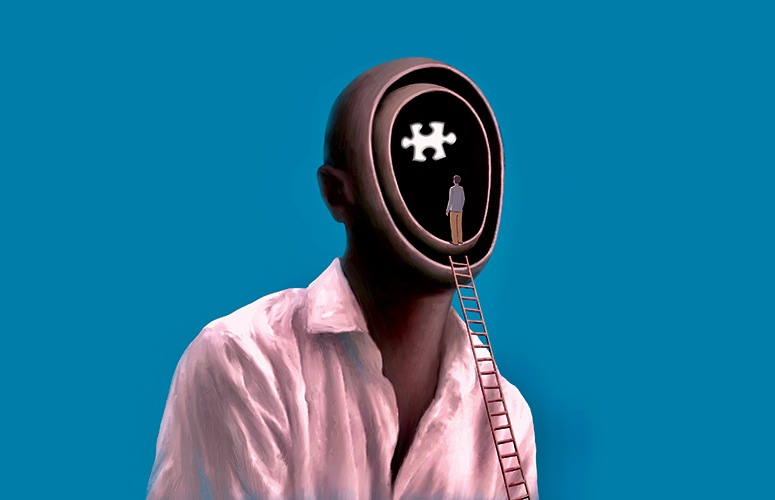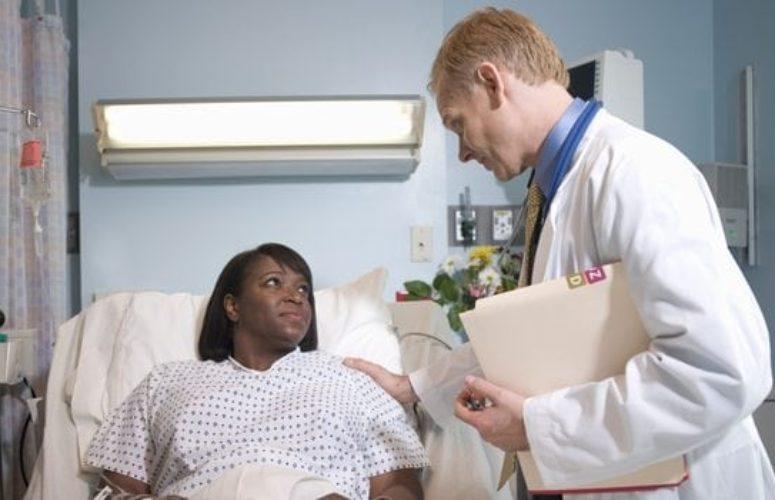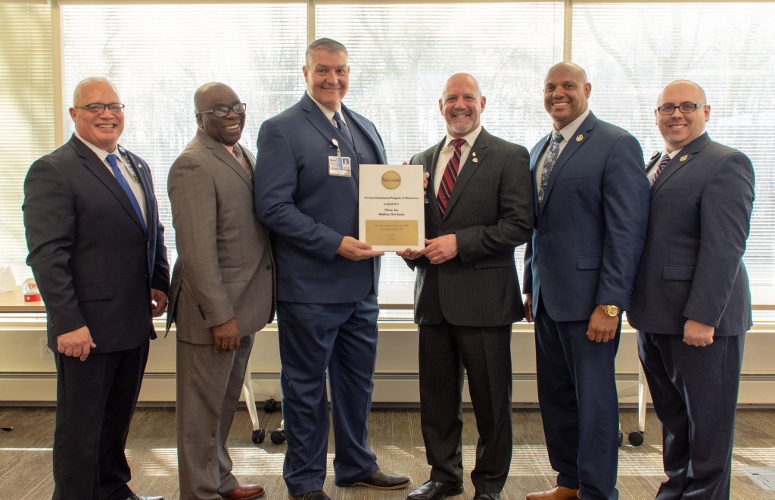
Reducing the Stigma of Men’s Mental Health
On Jan 11, 2024Mental health disorders, particularly among men, have gained momentum in becoming a silent killer. According to the Centers for Disease Control & Prevention (CDC), men die by suicide at a rate four times higher than women. While men make up approximately 50% of the population, they account for nearly 80% of suicides.
“It is important that men don’t let their fears get in the way of seeking mental health help if they are in need,” says Dr. Frank Ghinassi, senior vice president of the behavioral health and addiction services at RWJBarnabas Health and president and CEO of Rutgers University Behavioral Health Care. “Nearly 1 in 10 men experience depression or anxiety, but less than half will receive treatment, potentially leading to the greater risk of suicide. And, men in communities of color face additional challenges regarding their mental health, including generational racial trauma, violence against people of color, and difficulty trusting healthcare professionals. That is unacceptable, and it is time men take charge of their mental health.”
Common mental health problems men face include:
- Depression
- Anxiety
- Bipolar disorder
- Psychosis and schizophrenia
- Eating disorders
- Substance use disorder (SUD)
Recognizing the signs that you or someone you love may have a mental disorder is the first step toward getting treatment. The earlier that treatment begins, the more effective it can be. Signs to look for in men include:
- Anger, irritability, or aggressiveness
- Noticeable changes in mood, energy level, or appetite
- Difficulty sleeping or sleeping too much
- Difficulty concentrating, feeling restless, or on edge
- Increased worry or feeling stressed
- Misuse of alcohol, drugs, or both
- Persistent sadness or feelings of hopelessness
- Feeling flat or having trouble feeling positive emotions
- Engaging in high-risk activities
- Aches, headaches, or digestive problems without a clear cause
- Obsessive thinking or compulsive behavior
- Thoughts or behaviors that interfere with work, family, or social life
- Unusual thinking or behaviors that concern other people
- Thoughts of death or suicide or suicide attempts
“Man up” is not the answer. Men must be open to seeking help from a mental health professional or primary care physician. Additionally, they can seek support from community resources including:
- Traditional community gathering centers (a barber shop, local YMCA facility, a gym, etc.)
- Peers in athletic recreation settings such as basketball teams, tennis teams, soccer teams, etc.
- Community-based programs (local business groups, local affiliations and/or clubs)
- Faith-based support systems and leaders
- Other supportive informal settings where they feel comfortable and safe.
If you, a family member, or a friend is presenting signs of depression, anxiety, worthlessness, suicide, or other concerning behaviors, a mental health professional should be contacted right away. If you are hesitant, another gateway for help could be your primary care provider. Need help accessing a mental health professional? Contact the 24/7 RWJBarnabas Health Access Center at 1-800-300-0628, visit Rwjbh.org/behavioralhealth, or call the suicide & crisis hotline at 988.
To access more business news, visit NJB News Now.
Related Articles:





